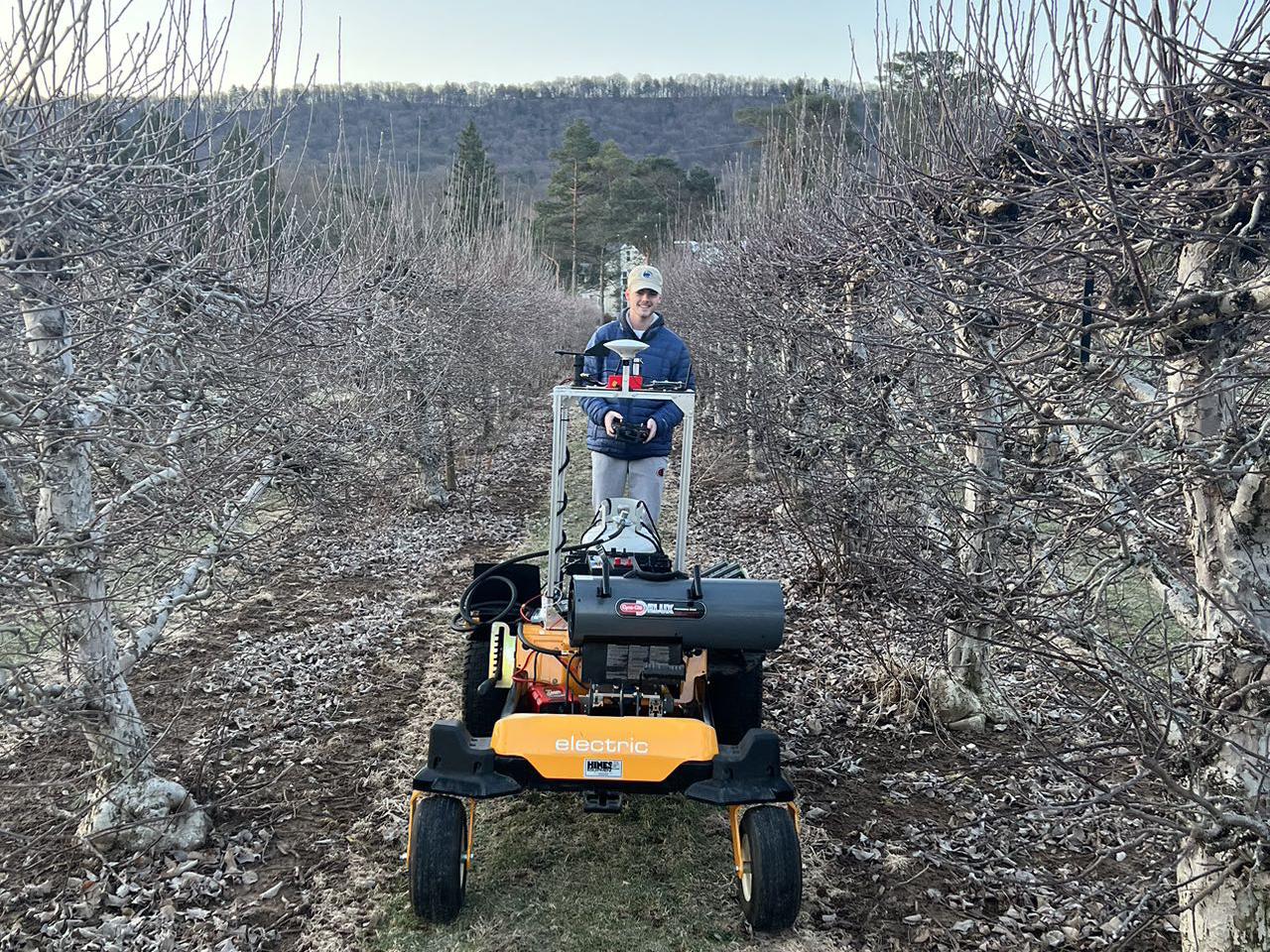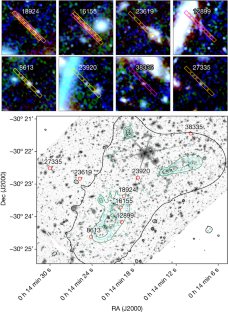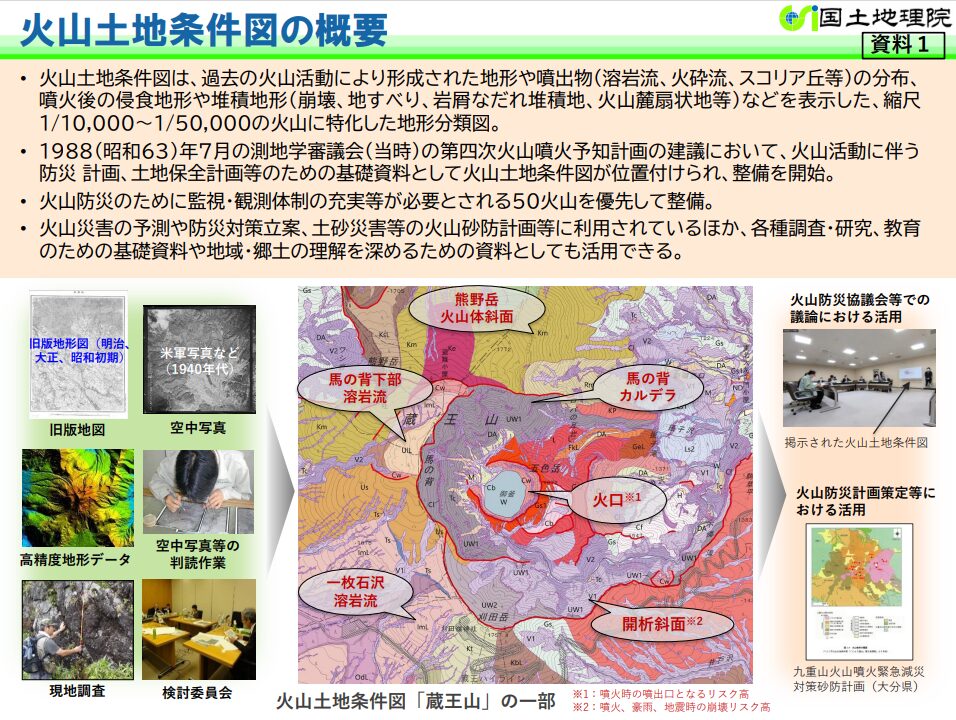2024-02-28 ペンシルベニア州立大学(PennState)

The system consists of a temperature-sensing device, a propane-fueled heater that adjusts its direction and angle automatically depending on wind direction, and an unmanned ground vehicle to move the heating system through an apple orchard. Credit: Penn State. Creative Commons
<関連情報>
- https://www.psu.edu/news/research/story/cyber-physical-heating-system-may-protect-apple-blossoms-orchards/
- https://www.sciencedirect.com/science/article/abs/pii/S0168169924000024
リンゴ園における霜害のスマート農業管理のための樹冠保護サイバーフィジカルシステム(CPCPS) Canopy protection cyber-physical system (CPCPS) for smart agricultural management of frost damage in apple orchards
Weiyun Hua, Paul Heinz Heinemann, Long He
Computers and Electronics in Agriculture Available online:16 January 2024
DOI:https://doi.org/10.1016/j.compag.2024.108611
Highlights
•A canopy protection cyber-physical system (CPCPS) was developed for smart management of frost damage.
•The angle of heaters used to protect the orchard was auto-adjusted based on a real-time wind direction in the CPCPS.
•A set of sensors were used to measure real-time air temperature in the canopy to determine heating schedules for the CPCPS.
•The CPCPS increased the percentage of protected time by 198.8 % and 111.9 % in two field tests compared to the non-CPCPS.
Abstract
Frost events have resulted in huge economic losses in agriculture. Apple flower buds are susceptible to being damaged by cold weather in early spring, leading to reduced apple production. Applying heat is one of the most effective methods to prevent apple flower bud damage. However, growers generally determine when and how to apply heat in orchards based on their experiences and available labor force, leading to either insufficient heating or energy waste. In this study, a frost protection cyber-physical system (CPCPS) was developed to make heating decisions based on real-time ambient temperature and wind direction data. The CPCPS consisted of a real-time temperature sensing system, an angle auto-adjusted heater, and an unmanned ground vehicle (UGV) to move the heating system. The results show that the CPCPS improved protection performance during the field tests. Compared to the non-CPCPS, the CPCPS increased the percentages of canopy protected time by 198.8 % and 111.9 % in two low-temperature field tests. The outcome of the study can be beneficial for enhancing protection performance of canopies in apple orchards.



